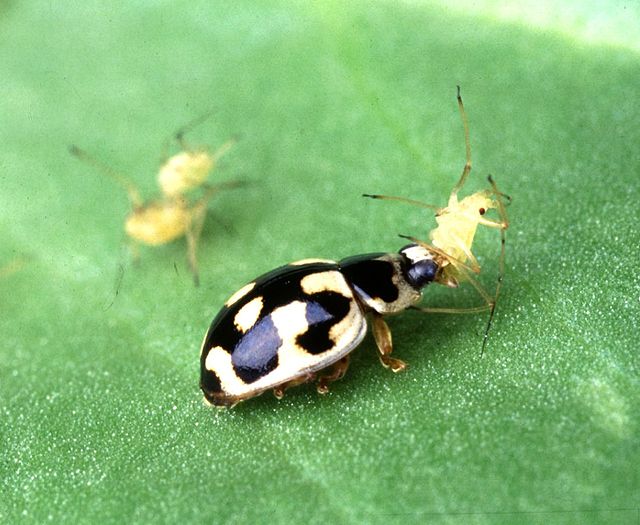Masanobu Fukuoka was a Japanese farmer and philosopher celebrated for his natural farming and re-vegetation of desertified lands. He was a proponent of no-till, herbicide and pesticide free cultivation methods from which he created a particular method of agriculture, commonly referred to as "natural farming" or "do-nothing farming".
Masanobu Fukuoka, in 2002.
Fukuoka's hill in Iyo, Ehime
View of Fukuoka's family farm (center right) and hill in Iyo, Ehime
Book cover of Gurmukhi translation of One Straw Revolution by Rishi Miranshah
Natural farming, also referred to as "the Fukuoka Method", "the natural way of farming", or "do-nothing farming", is an ecological farming approach established by Masanobu Fukuoka (1913–2008). Fukuoka, a Japanese farmer and philosopher, introduced the term in his 1975 book The One-Straw Revolution. The title refers not to lack of effort, but to the avoidance of manufactured inputs and equipment. Natural farming is related to fertility farming, organic farming, sustainable agriculture, agroecology, agroforestry, ecoagriculture and permaculture, but should be distinguished from biodynamic agriculture.
Masanobu Fukuoka, originator of the natural farming method
A young man helps harvest rice by hand at a natural farm, in this production still from the film "Final Straw: Food, Earth, Happiness"
Yoshikazu Kawaguchi at Akame Natural Farm School
Ladybirds consume aphids and are considered beneficial by natural farmers that apply biological control.








